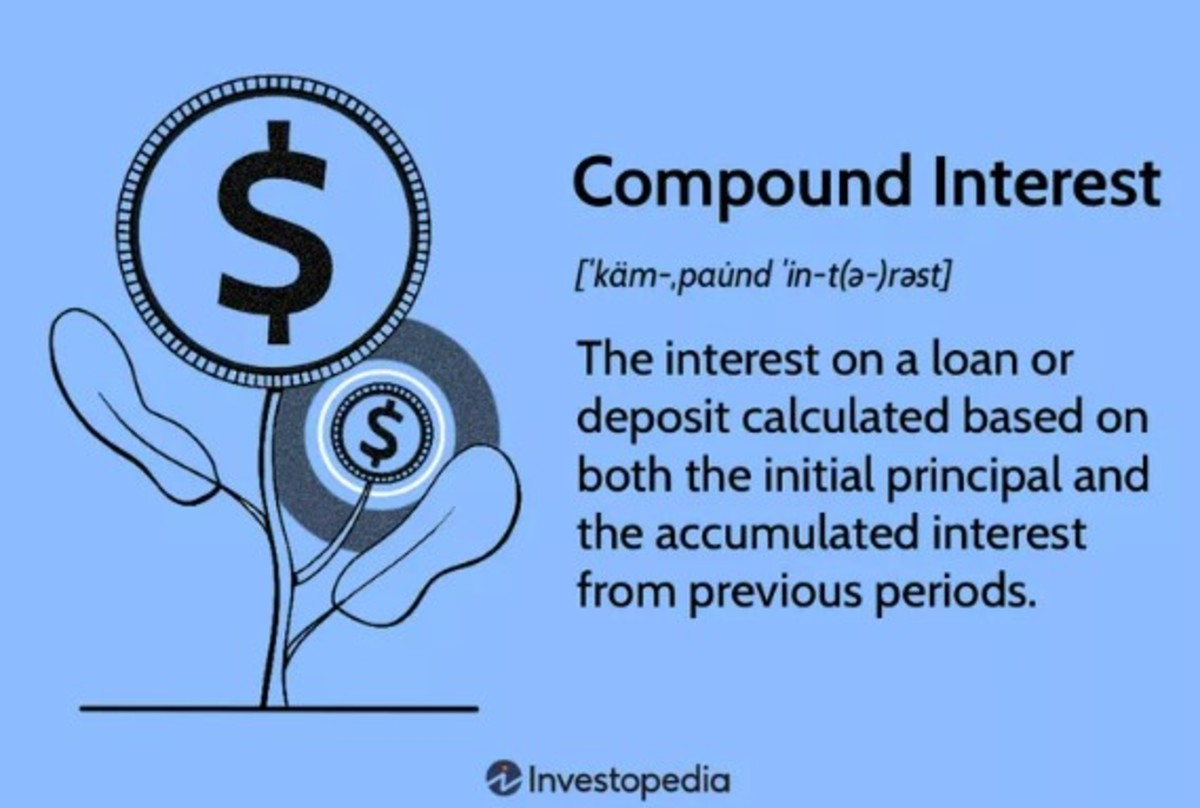What is the safest investment option to multiply your wealth?
We all want to increase our investments while minimizing our risk. With these two goals at odds with each other, the course of action which is right for you will depend on your risk tolerance and investment time frame. Let's look at a few of the safer investment strategies and compare their pros and cons.
Savings Account
Well, technically this is an investment because banks do pay interest on savings and most checking accounts. But unless you have a significant amount of cash in your account, you might not even see any growth other than a few cents each quarter. For instance, the Annual Percentage Yield (APY) on a regular savings account at Bank of America at the time of this writing was a measly 0.2%! It's fairly easy to do better than this without significantly increasing your risk.
Electronic Banks
Why do brick & mortar banks offer such a low APY? Well, certainly a reasonable explanation is that the banks themselves have a number of costs. The buildings have construction costs, or leases if they don't own, electricity bills, and the employees like managers and tellers don't work for free of course. Nowadays there exist a number of banks which don't have or have a very minimal physical presense. These banks conduct virtually all of their business online. Two examples you might have heard of are ING and HSBC. Individuals can open accounts online and link the account to their physical bank so that they can go online or use the telephone and initiate deposits or withdrawals between their e-bank and their account at their physical bank. Because these e-banks have no building costs and much less personnel costs, they are able to offer better APYs to their clients. Currently ING is offering 3.0% and HSBC is offering 3.5%.
One more thing should be said about the two preceding options: in the US these accounts are FDIC insured for all account balances up to $100,000. That means that even if the banks went out of business and lost all their money, the US Government would make sure the clients got their money up to the $100,000 limit. Now, the remaining options I mention are different in that they are not FDIC insured, meaning it is possible that you could lose some or all of your investment. Don't let that scare you though, I'm still discussing investment vehicles that in real practice are not highly risky.
Bonds
Bonds are where you give your money to a company essentially saying "I'm letting you use this money for a time and you are committing to return it to me at a later date with interest." This is different from stocks, which are like you saying to the company "I'm buying interest in your company because I think your company, and hence my piece, will grow and become more valuable." Bonds are debt- the company owes you back your money plus interest. Stocks are equity- you've bought into the company. If things turn sour and the company falls apart, it is obligated to pay back its debt before it buys back any shares of stock from investors who want to get out. Remember again, neither bonds nor stock have that FDIC insurance.
Bonds themselves come in different types and have varying grades of risk and return. Arguably the safest bonds are those issued by the government of a stable country. US savings bonds can be bought at half of face value and the government promises that they can be redeemed for at least full face value after 20 years. For example, if you bought a $100 US savings bond on January 1, 2000, you would have paid $50 and on January 1, 2020, you could go to a bank and get $100 in cash for it. If you hold on to that savings bond for longer, it can increase further in value, but after 30 years from the time of purchase the savings bond's growth is capped.
Besides government bonds you can also buy bonds issued by companies. There are so many types of bonds, each with different rules and growth mechanisms, the simple description is that you buy a bond at a given issue price, and by the maturity date, specified at the time of purchase, the issuer (the company) pays you the nominal amount and interest earned. With respect to maturity date, the three general cagtegories of bonds are:
- Short Term (matures in up to one year)
- Medium Term (matures in one to ten years)
- Long Term (matures in over ten years)
These are some of the investment options that don't tread very far into the risk direction. As one looks up the ladder at the investment options with higher risk (and higher potential returns) one would see the mutual funds. In a mutual fund, lots of small investors pool their money together and a professional money manager invests the funds in (ideally) a diversified portfolio of stocks. This way, the risk is spread out so that if one or a small number of the companies in which the manager has invested the funds fails, the value of the fund will not suffer significantly. The expectation (perhaps hope) of this strategy is that the probability that all the companies in which the fund is invested will fail is very small.
And of course the least safe method of investment is investing in an individual company's stocks. If the company does very well, so does the individual. But, it only takes some bad news or a bad earnings report of one company and your investment's value could drop very quickly.
Good Luck!










